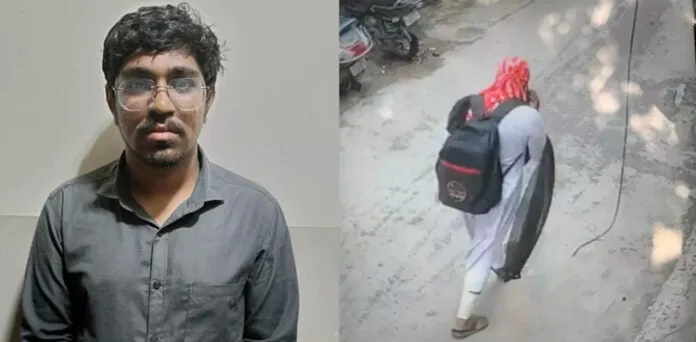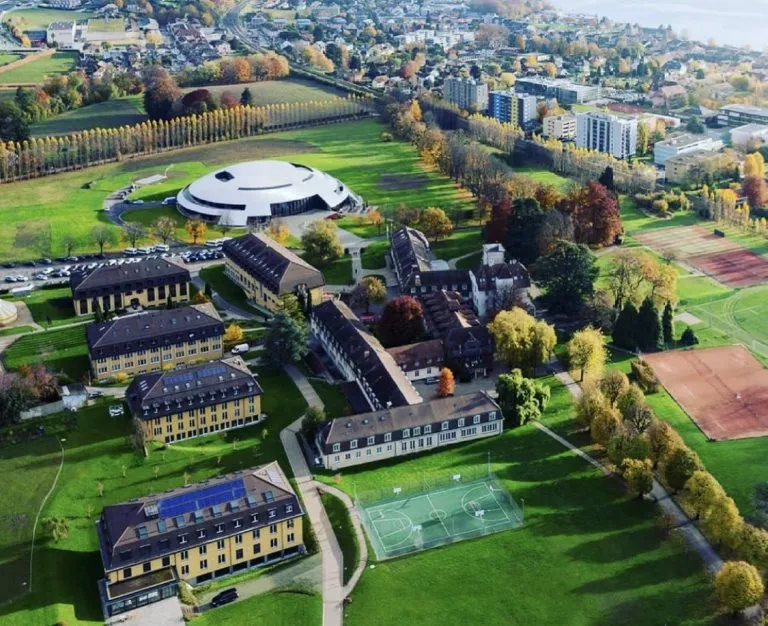Pakistan Spies on Millions Using Chinese Phone Tapping System, Amnesty Reports
A shocking new report reveals how Pakistan watches millions of its citizens every day. The country uses advanced technology to spy on phone calls, text messages, and internet activity.
Global Tech Companies Help Build Surveillance Network
Amnesty International released a report showing Pakistan’s mass surveillance system gets help from technology companies around the world. These companies come from China, Europe, North America, and the United Arab Emirates.
The surveillance system has two main parts:
- Lawful Intercept Management System (LIMS) – Taps phone calls and tracks locations
- Web Monitoring System – Controls internet access and censors content
- Chinese-built firewall – Blocks websites and slows down web services
How the System Works
Anyone living in Pakistan who uses the internet can become a target for surveillance. The system tracks phone locations, intercepts calls, and reads text messages when authorities add a phone number to their database.
The government can:
- Listen to private phone conversations
- Read personal text messages
- Track where people go using their phones
- Block access to social media platforms
- Slow down internet speeds when needed
Most Advanced Surveillance Outside China
Experts call this one of the most comprehensive state surveillance networks outside China. The system combines phone tapping with internet censorship to monitor citizens and control free speech.
The technology comes from multiple sources:
- Chinese companies provide the firewall system
- Western companies supply surveillance tools
- Local agencies operate the monitoring systems
- International firms help maintain the network
Privacy Rights Under Threat
The report shows how private companies from around the world provide surveillance technologies to Pakistan, despite the country’s poor record on protecting online rights.
This creates serious problems:
- Citizens lose their right to privacy
- Free speech becomes dangerous
- Digital innovation slows down
- Democracy faces new challenges
What This Means for Citizens
The surveillance system affects daily life in Pakistan:
- Phone calls are not private anymore
- Text messages get read by government agents
- Social media posts face censorship
- Internet speeds slow down during protests
- People fear sharing opinions online
Government Control Increases
Pakistan built these systems to give authorities sweeping power over communications and online content. The government can now:
- Stop information from spreading
- Control what people see online
- Track political opponents
- Limit access to news sources
- Monitor business communications
International Companies Play Key Role
The report reveals that companies from many countries help Pakistan spy on its citizens. This raises questions about:
- Corporate responsibility in human rights
- International trade in surveillance technology
- Government oversight of tech exports
- Digital rights protection worldwide
Digital Freedom at Risk
These surveillance systems threaten basic digital rights. Citizens worry about:
- Who has access to their personal data
- How long the government keeps their information
- Whether their communications stay secure
- What happens to people who speak out
- How this affects business and innovation
The situation shows why digital privacy matters for everyone. When governments can easily spy on citizens, it changes how people communicate, work, and live their daily lives.







